To kickstart Mental Health Awareness Month, Coastline’s Counselor Claudia Vernon has five ways to help us center ourselves in these hectic, stressful times.
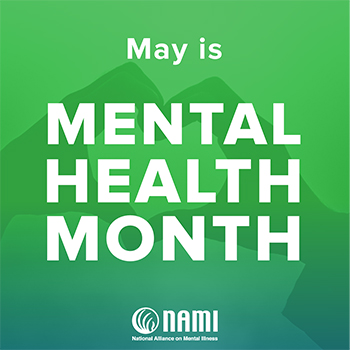
May is Mental Health Awareness Month. On this blog, we’re no strangers to talking about mental health. And when it comes up, it’s certain we’ll hear from Claudia Vernon, Coastline’s lead Counselor and a Licensed Clinical Social Worker with over twenty years of experience. Without a doubt, Claudia is the perfect person to talk to about the stresses and strains of this current period: the pandemic, social justice initiatives, and a return to “normalcy” happening quite fast. Worth remembering: even though things seem to be returning to ‘normal,’ or “natural” as Claudia prefers to call it, she reminds us that people transition at different paces.
She also noted that the pandemic has given rise to a host of “maladaptive behaviors”: over-eating, under-eating, smoking too much, and more. Claudia explained that these behaviors may have been in your life before the pandemic, as bad or neutral habits, but as the pandemic wore on, activities (especially engaging, positive ones) were eliminated, and people turned to these habits more and more to cope, until they became, and possibly remain, disruptive and harmful.
Claudia and the rest of us here at Coastline know you are hurting. “People are fatigued, tapped out,” said Claudia. “And they’re not alone.” So to kick off Mental Health Awareness Month we wanted to provide a Friday Feature that could really help. Below are Five Ways, counselor- and Claudia-approved, to Center Yourself, and perhaps open yourself back up to the world without being overwhelmed.
Student Mental Health Services @ Coastline
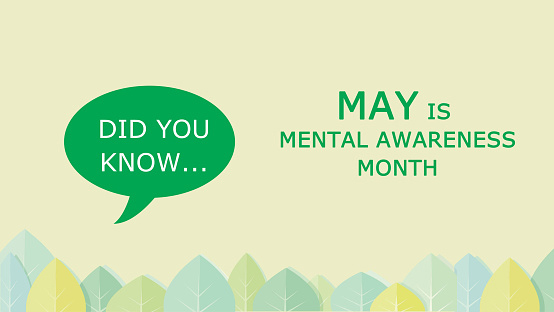
1: Get Out of Denial
This was a point Claudia returned to again and again: “Everyone is grieving in a way, and denying that grief and pretending like we can return to ‘normal’ won’t help.” She pointed out that this idea that everything’s getting better or going to get better by a hard deadline only causes more strife for individuals who may feel left behind or out of the loop of the country’s relentless desire to move on.
Claudia compared the pandemic to a “bad divorce”: you may get the papers, “but that person will always be in your life in one way or another. You never entirely resolve it.” It’s important not to deny this truth, but to own it, and own the challenges that accompany it.
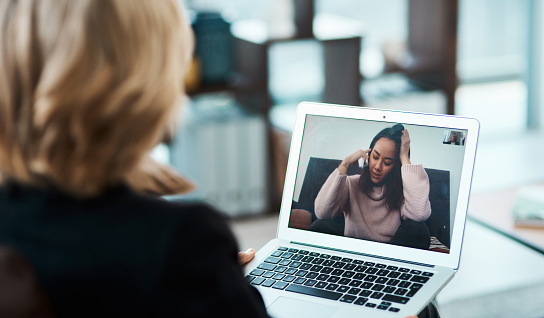
2: Talk or Share Your Difficulties
An excellent way to get out of denial, and to bond with another person, is to talk about the challenges you’ve faced during the pandemic. Speak to a trusted friend, family member, or licensed professional. Claudia noted: “We have been in isolation so it’s easier to feel isolated.” Open up; share; you’ll be amazed to find how much it helps just talking about your feelings, to get them out into the air: “We’re not given permission to feel these feelings.”
But Claudia cautioned: “It’s not about fixing, just compassion.” Indeed, too often in the U.S., we seek to provide only solutions (a “fix-it society,” as Claudia said) that are generally half-baked. What’s really needed is commiseration, compassion, care without judgment.
Meet Coastline's Mental Health Therapists
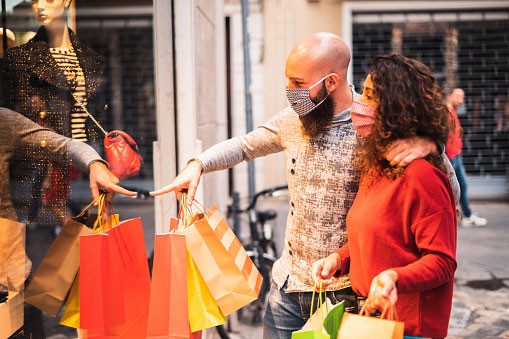
3: Re-Engage in the Things That Worked Before & Made You Feel Good
This goes back to those “maladaptive behaviors” Claudia spoke about. The rise of these coping mechanisms gone unchecked is, at least partially, due to the shut-down of many beloved activities: gyms closed, parks at limited capacity, etc. Even though people are in grief, Claudia observed that the next stage of the process does require opening up, figuratively as written above, but also literally. Now that you can partake in (at least) some of the activities that, to use a Marie Kondo-ism, ‘sparked joy’ you should wade back into that pool (with all necessary safety precautions).
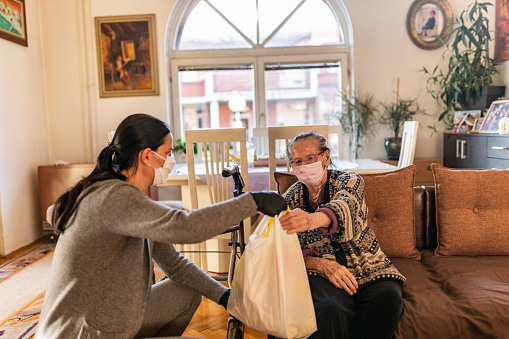
4: Acts of Kindness
We’ve covered this before with Claudia and I highly recommend a re-read because everything she conveyed then still applies. One of the unsung, unmentioned pitfalls of the pandemic was that it made us all second-guess the small daily acts of kindness we (hopefully) were all partaking in.
Claudia told a story about her son, who, during the pandemic, saw a mother drop something while carrying her baby. Claudia’s son wanted to help, but he hesitated, considering whether the mother would want his help if it meant getting too close, having to disinfect the item, etc. The larger acts of kindness—charitable giving, donating time to a worthy cause—remained, but were stretched thin, and these small, daily acts occurred less and less. It’s time to add them back to your routine because, as Claudia pointed out in the Kindness Blog, kindness is a muscle that needs practice and exercise. Doing acts of kindness also gives you a nice burst of endorphins, something we all need.
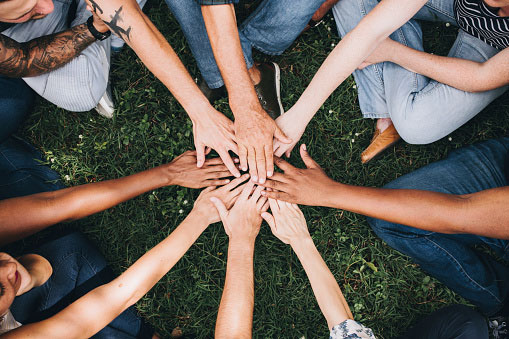
5: Get Back into A Community
Again, another big drawback of the pandemic: the communities that brought us joy and kept us social animals participatory often had to be canceled or changed to virtual gatherings. Whether this was simply going to the park every Saturday, which Claudia pointed out were sometimes “cordoned off,” or rock-climbing with a club, or attending a faith organization every weekend, these are the kinds of community groups we need and that were stolen by the pandemic. Reach back out to your community, schedule time to meet in person, and bask in each other’s company once more.